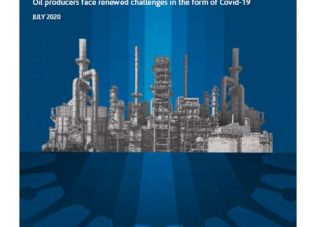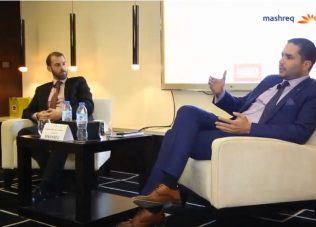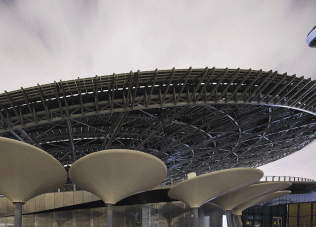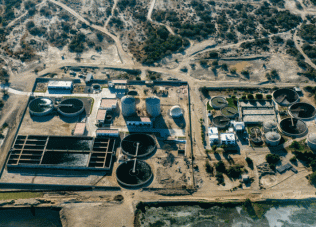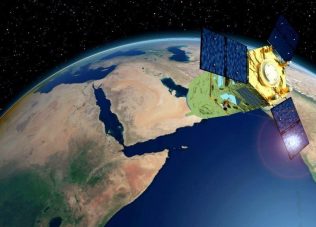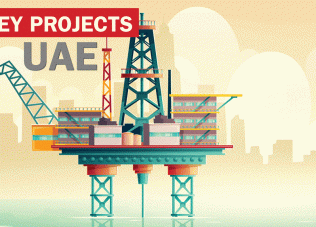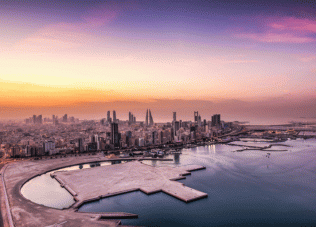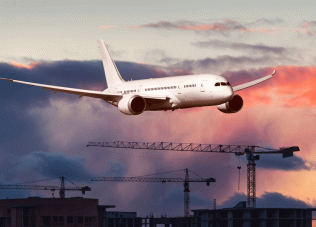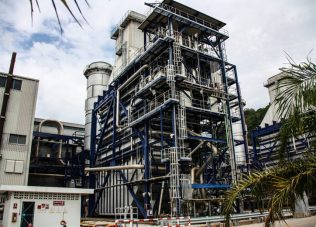UAE logistics channels carbon reduction
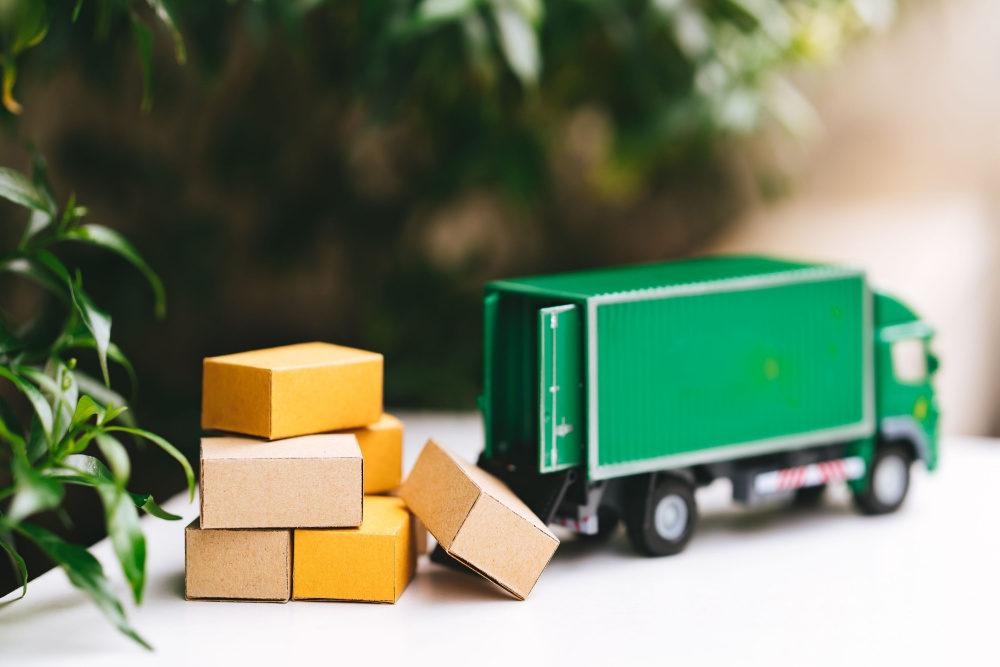
Industry players are actively seeking out ways to keep their carbon footprint in check – but more needs to be done to create significant change
Leading experts in the UAE have emphasised the need to reduce logistics-related carbon emissions to improve the efficiency and competitiveness of the sector.
Speaking during the Logistics Business Leaders Club organised by MEED and Mashreq on 29 June, industry leaders said that as sustainability rises higher on the business agenda across sectors, it is imperative for the logistics industry to take it more seriously as well.
The transportation industry as a whole is responsible for a significant amount of global greenhouse gas (GHG) output, with estimates suggesting annual emission levels between 16 and 24 per cent.
Freight (air, sea and road) makes up a sizeable portion of this total. Data from the International Energy Agency highlights that freight transport contributes nearly 8 per cent of global GHG emissions and up to 11 per cent if warehouses and ports are included.
But the complex nature of the industry makes decarbonisation a task easier said than done.
WATCH HIGHLIGHTS FROM THE CLUB
Given the number of stakeholders involved and the multitude of checkpoints, it is challenging for a single entity to regulate its carbon footprint. There is also lack of clear data on the impact of carbon reduction programmes which could potentially incentivise logistics firms.
Larger organisations have already begun to pivot towards sustainable practices. Dubai-based logistics giant DP World has defined a decarbonisation strategy with the aim of becoming carbon neutral by 2040. It has also set an immediate target of a 28 per cent reduction in carbon dioxide emissions by 2030 through practices such as replacing fossil fuels, investing in low-emission technologies and passive buildings, and offsetting its carbon footprint.
The industry is also seeing growing demand for decarbonisation from clients that are already actively regulating their emissions. For example, club panellist Raman Kumar, managing director at Al-Futtaim Logistics, highlights how they have altered their operations to align themselves with the green strategy set by their client Ikea, a Swedish home furnishings retailer.
“Since our client is conscious of their carbon footprint, we too are analysed as their supply chain partners,” says Kumar.
“These changes will come at a cost for the logistics players,” says Mohsen Ahmad Alawadhi, CEO – Logistics District at Dubai South. “For now, it is still in the early stages. But going forward it will become a pre-requisite, and service providers will have to reposition themselves if they want to remain in business. Ultimately, this brings in efficiencies and that is what we need.”
Powering logistics
An area that readily lends itself to change is power generation. Recent years have seen an increase in the installation of solar photovoltaic (PV) panels across the UAE’s logistics parks and freezones. Located on the rooftops of vast warehouses and office spaces, these panels are used to generate electricity typically used to power the facility.
For example, in December 2021 nearly 2,000 solar panels were added to the Jebel Ali Logistics Centre with the aim of generating 2,088 MWh across 2022 and offset nearly 1,500 tonnes of carbon dioxide.
Similarly, in March 2022 Maersk Kanoo UAE announced that it had installed solar panels on its Integrated Logistics Centre in Dubai, capable of producing nearly 434 MWh of clean energy annually and reducing more than 1,700 tonnes of carbon emissions.
However, the approach to solar powered systems is not so straightforward. In Dubai for instance, a cap has been instated on the amount of excess electricity generated that can be directed into the centralised power grid managed by Dewa.
In 2014, a framework was established in Dubai to allow residential and commercial buildings to generate electricity on premises and feed the excess to the distribution system. This was managed as a net metering scheme under the Shams Dubai programme. But a cap was introduced in 2020, limiting the capacity of rooftop solar installation at 2MW and discounting ground-mounted solar projects.
“Germany did something similar with their installed solar capacity, which in my opinion limited the potential of the industry,” says Alawadhi. “The limitation in Germany has since been amended, and perhaps it is worth for Dewa to look into its own regulations to enable greater investments in solar.”
Logistics players are also turning to smaller but effective changes in everyday operations to minimise emissions, including the installation of LED lights, hybrid fleets and lithium-ion battery powered forklifts. The use of alternative fuels could further help curb carbon footprint in the sector, including hydrogen fuel cells and biofuels.
Logistics stakeholders in the UAE recognise the role that technology has to play reducing carbon emissions, and investments are actively being made in areas such as electrification and autonomous solutions.
Forward looking
AD Ports’ CSP cargo terminal is currently operating an autonomous port truck system to support loading and unloading activities within its container yard. Apart from reducing the need for manpower, the electric trucks ensure business continuity for longer periods with minimal downtime.
But even where the appetite to change exists, challenges limit the successful transition to environmentally-friendly solutions in the industry, including policy framework, costs, availability and maturity of technology.
“It is difficult to even get an electric truck these days, because manufacturers are flooded by demand and lack the stock,” says Abhinand Madireddy, vice president – strategy and growth at Abu Dhabi Ports Logistics.
A 2020 report by Boston Consulting Group notes that full-decarbonisation of heavy duty transportation – aviation, heavy road transport, and shipping – by 2030 requires nearly $1tn in investments, assuming the technology to do so exists. The cost is expected to increase by a further $400bn by 2050, emphasising the need to take action now.
Al-Futtaim’s Kumar highlights how even though they faced challenges in upgrading their fleets in the UAE and Saudi Arabia to Euro 4 standards, they are seeing the benefits in the form of greater efficiency.
“We now want to further upgrade to Euro 6,” he says. “The government should mandate this next, to make it the norm across the industry.”
This article is a part of a series from the Logistics Business Leaders Club held in Dubai on 29 June by MEED in partnership with Mashreq. Attendees at the closed-door event were speaking on condition of anonymity.
